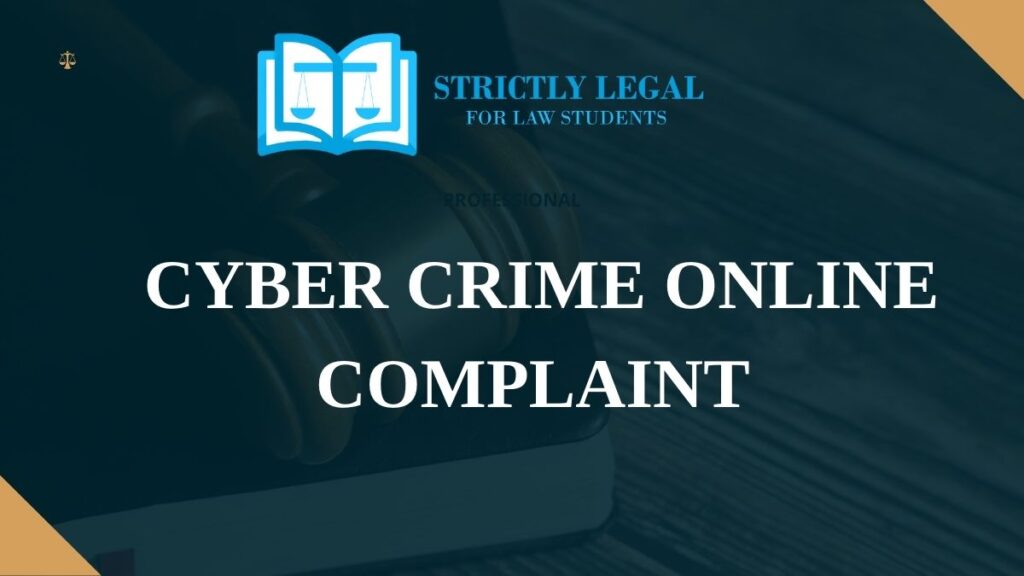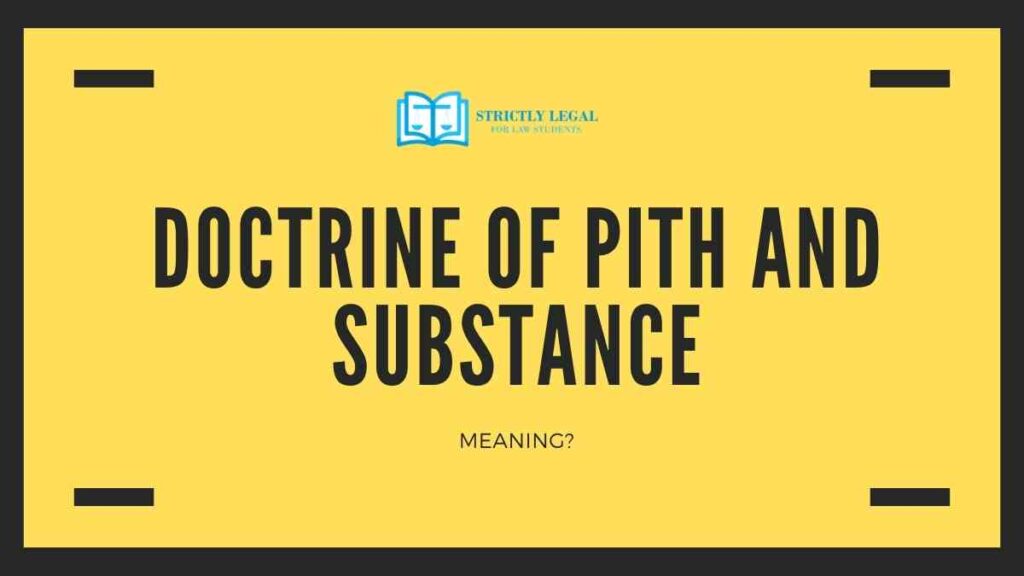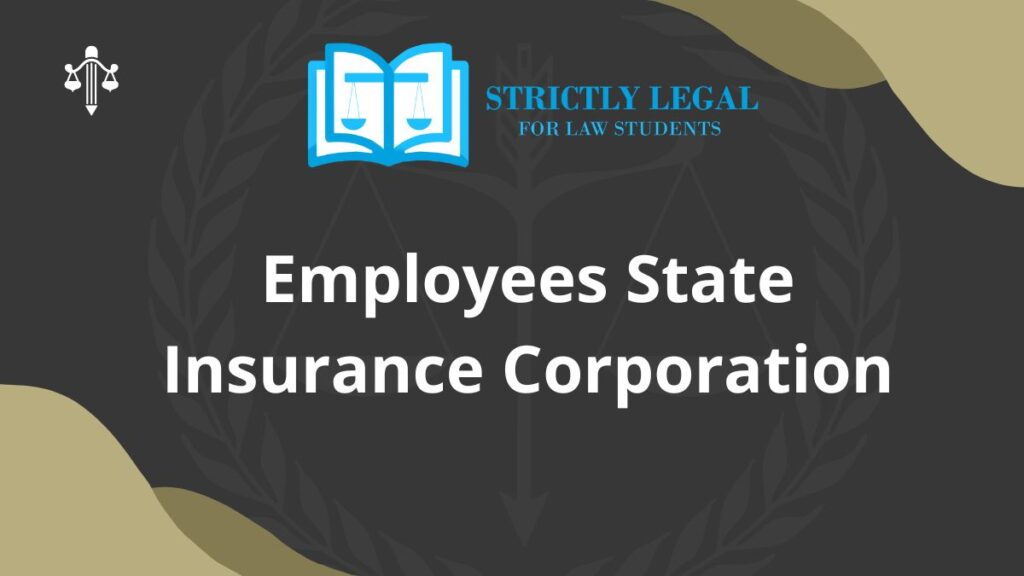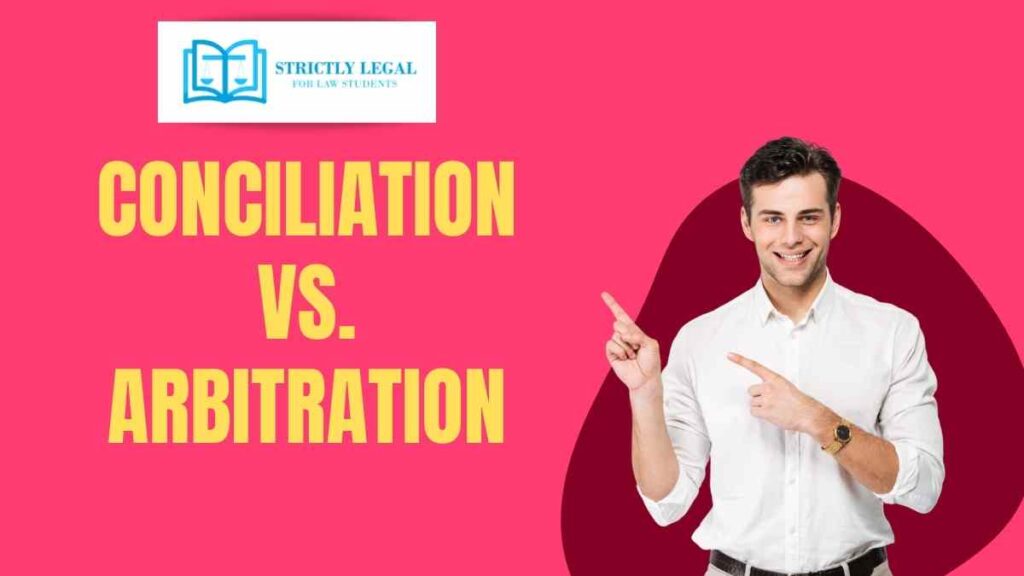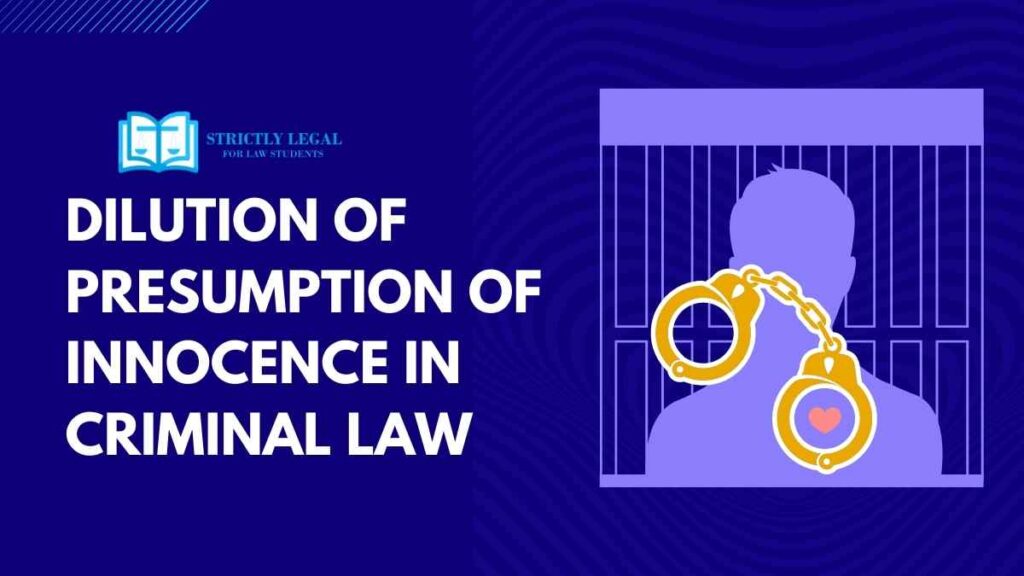CASE STUDY ON MINERVA MILLS V. UNION OF INDIA (1980)
Citation: [1980 AIR 1789, 1981 SCR (1) 206] Petitioner(s): Minerva Mills Ltd and Ors. Respondent: Union of India Date of Judgment: 31/07/1980 Honorable Bench: Y.V. Chandrachud (then CJI), A.C. Gupta, N.L. Untwalia, P.S. Kailsam & P.N. Bhagawati JJ. The Minerva Mills v. Union of India is one of the most remarkable cases as it guarded […]
CASE STUDY ON MINERVA MILLS V. UNION OF INDIA (1980) Read More »



